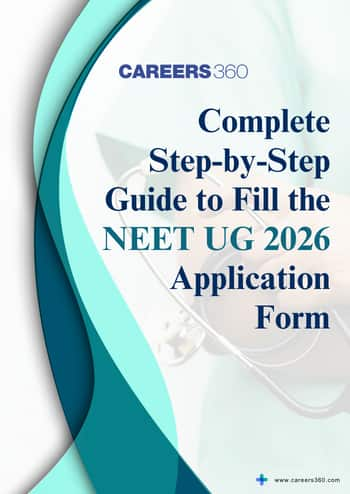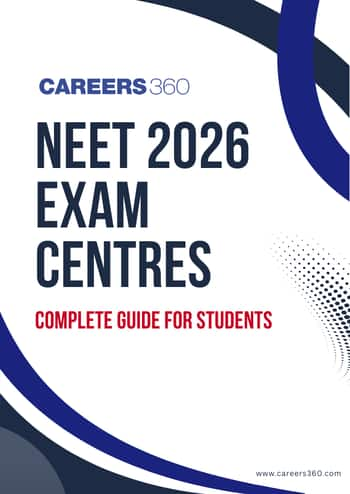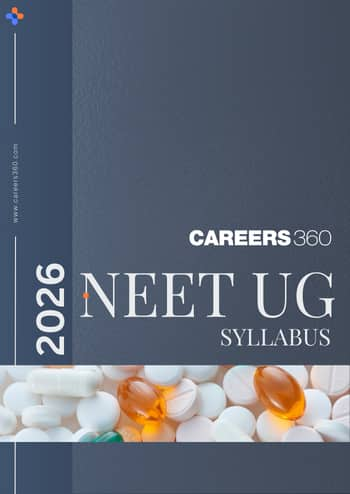Ethical Issues & Biopiracy MCQ - Practice Questions with Answers
Edited By admin | Updated on Sep 18, 2023 18:34 AM | #NEET
Quick Facts
-
22 Questions around this concept.
Solve by difficulty
Use of biological weapons termed as
Population attribute having a ratio of male to female named:
Which body of the Government of India regulates GM research and safety of introducing GM organisms for public services?
NEET 2026: Application Form Link | Exam Centres List | How to Fill Form
NEET Prep: Mock Test | 10 Years PYQ's | Syllabus
NEET 2026: Boards Cheat Sheet | Mind Maps & Diagrams Guide | Formula Sheet
Latest: Allied and Health Sciences | Paramedical Universities Accepting Applications
Concepts Covered - 1
Ethical Issues & Biopiracy
- The manipulation of living organisms by the human race cannot go on any further, without regulation.
- Some ethical standards are required to evaluate the morality of all human activities that might help or harm living organisms.
- Genetic modification of organisms can have unpredictable results when such organisms are introduced into the ecosystem.
- Therefore, the Indian Government has set up organisations such as GEAC (Genetic Engineering Approval Committee), which will make decisions regarding the validity of GM research and the safety of introducing GM-organisms for public services
- The modification/usage of living organisms for public services (as food and medicine sources, for example) has also created problems with patents granted for the same.
Biopiracy:
- Biopiracy is the term used to refer to the use of bio-resources by multinational companies and other organisations without proper authorisation from the countries and people concerned without compensatory payment
Case of Indian Basmati:
- Rice is an important food grain, the presence of which goes back thousands of years in Asia’s agricultural history.
- There are an estimated 200,000 varieties of rice in India alone.
- The diversity of rice in India is one of the richest in the world.
- Basmati rice is distinct for its unique aroma and flavour and 27 documented varieties of Basmati are grown in India.
- There is a reference to Basmati in ancient texts, folklore and poetry, as it has been grown for centuries.
- In 1997, an American company called Rice Tec got patent rights on Basmati rice through the US Patent and Trademark Office.
- This allowed the company to sell a ‘new’ variety of Basmati, in the US and abroad.
- This ‘new’ variety of Basmati had actually been derived from Indian farmer’s varieties.
- Indian Basmati was crossed with semi-dwarf varieties and claimed as an invention or a novelty.
- The patent extends to functional equivalents, implying that other people selling Basmati rice could be restricted by the patent.
- Several attempts have also been made to patent uses, products and processes based on Indian traditional herbal medicines, e.g., turmeric neem.
- If we are not vigilant and we do not immediately counter these patent applications, other countries/individuals may encash on our rich legacy and we may not be able to do anything about it.
"Stay in the loop. Receive exam news, study resources, and expert advice!"












